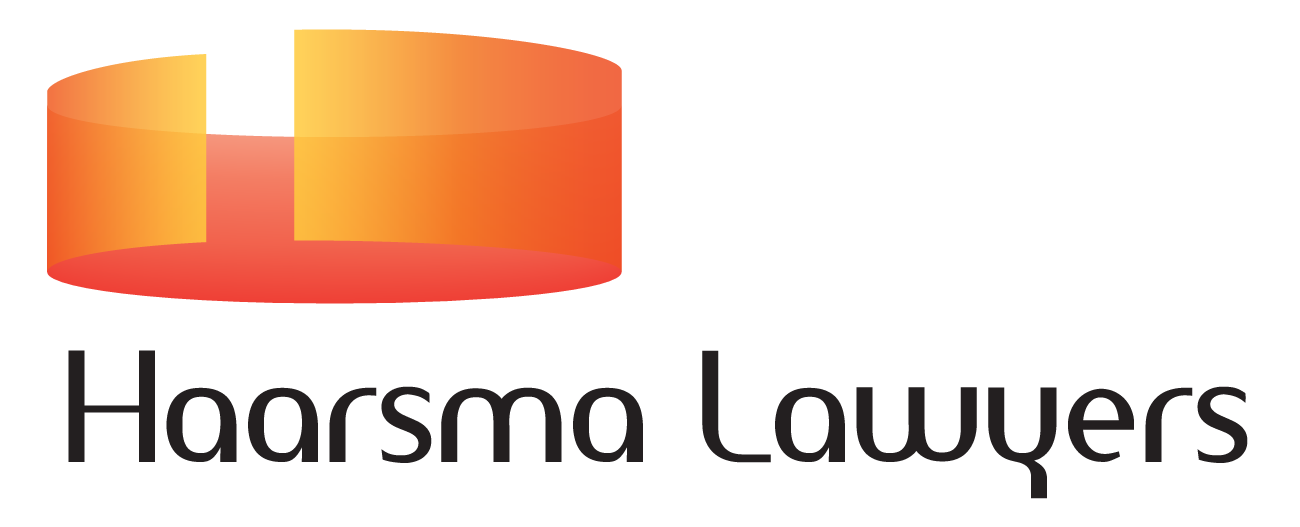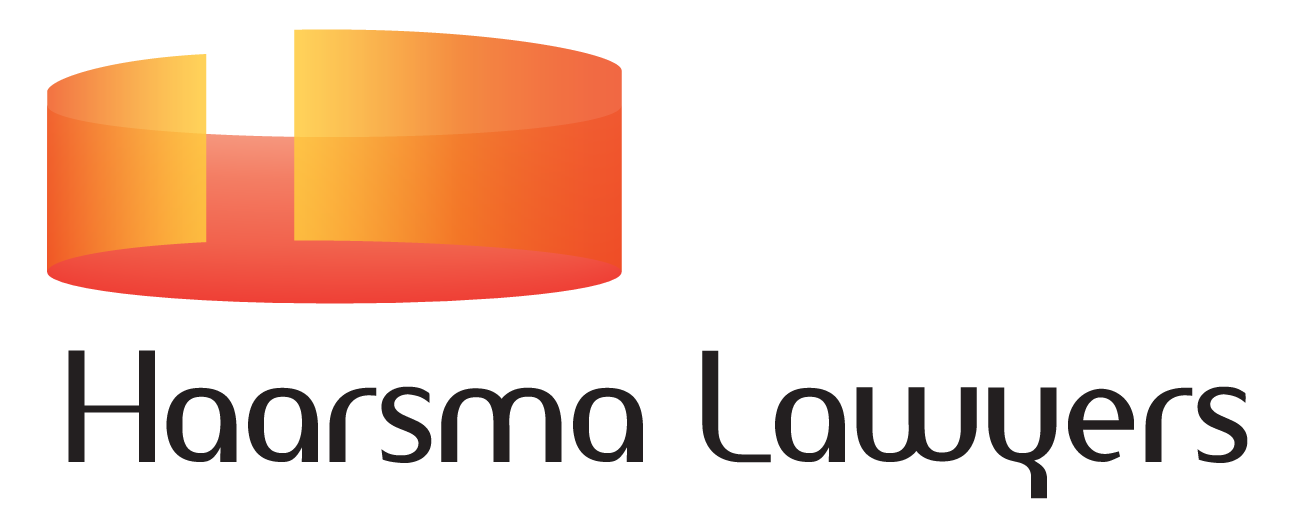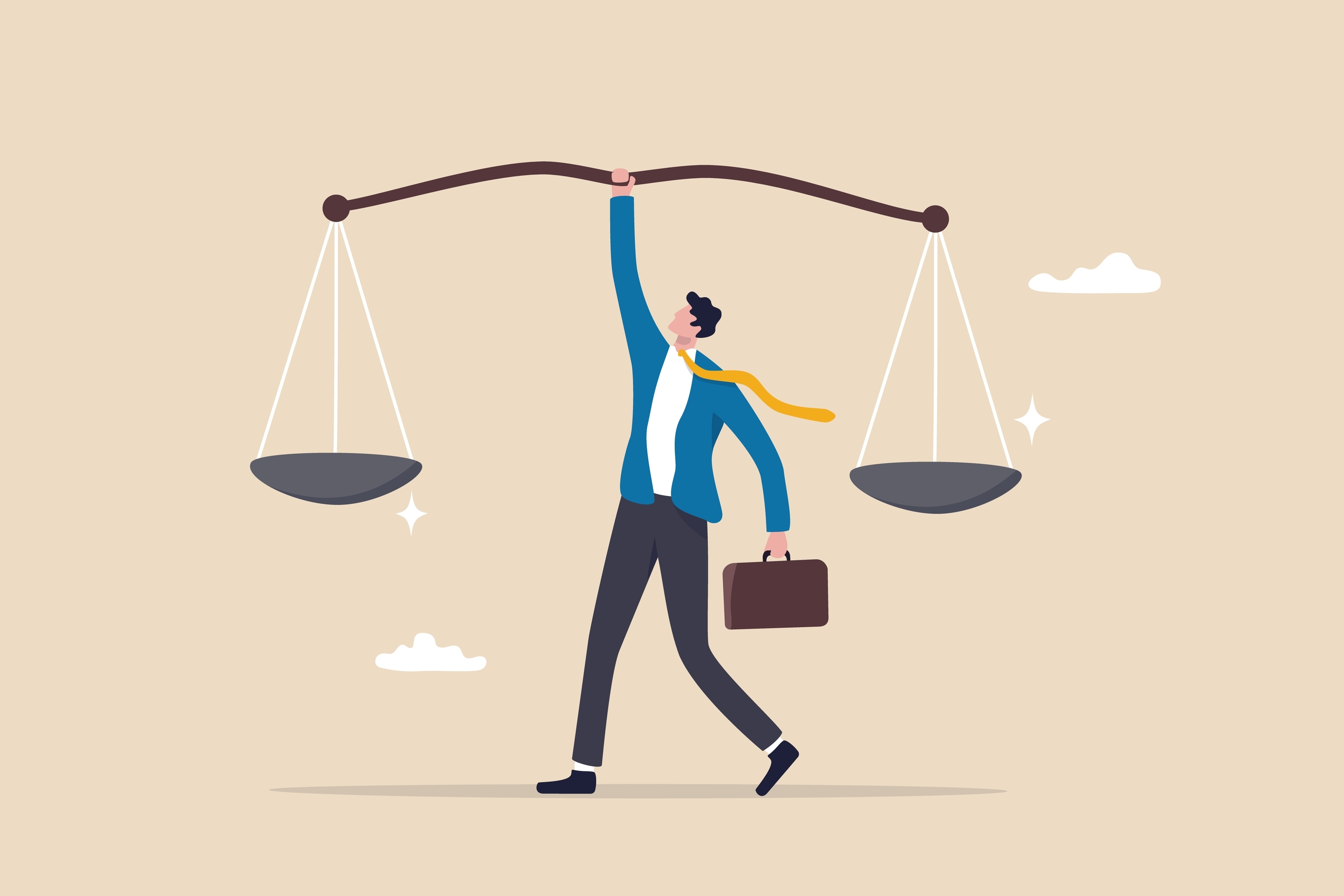Starting Your Own Business versus Buying a Franchise. Which is the better option?
Introduction
Advantages
Investment and Financial Considerations
Marketing and Branding
Operations and Management
Risk and Reward
Takeaways
Introduction - Starting your own business vs buying a franchise
Starting a business can be daunting, and one of the biggest decisions you'll need to make is whether to start your own business from scratch or buy an established franchise.
Starting your own business from scratch gives you the freedom to create a business that aligns with your personal vision and goals. You have complete control over decision-making and can exercise your creativity to bring your ideas to life.
On the other hand, buying a franchise offers the benefits of established brand recognition, a proven business model, and support and training from the franchisor.
It's important to weigh the advantages and disadvantages of each option, considering factors such as investment, marketing, operations, and risk tolerance. By doing so, you can make an informed decision.
Advantages - Of Starting A Business and Franchising
What are the main advantages of either starting your own business or buying a franchise?
Advantages of Starting your Own Business
Starting your own business offers the freedom and creativity to bring your personal vision to life. One of the biggest advantages in operating an independent business is that you have the ability to make all the decisions and create a unique brand identity that aligns with your goals. This level of control allows for greater flexibility, providing the opportunity to pivot and adapt as needed, which can be crucial for long-term success.
However, while the independent business advantages can be significant (including the potential for higher profits), the substantial entrepreneurial risks involved in starting your own business should also be considered.
Advantages of buying a franchise
One of the biggest advantages of buying a franchise as compared to starting your own business, is the established brand name recognition. Customers may already be familiar with the franchise and its products or services, which means that there may already be a loyal customer base.
Further, the franchisor may have already done the legwork of establishing an effective business strategy, which can save you time, money and effort.
While there may be less control over decision making in franchising compared to starting your own business, the support and training from the franchisor can provide a sense of security and stability. As a new franchisee, you're likely to receive guidance and resources to help you navigate the ins and outs of the franchise business. This may include things such as marketing and branding or operational procedures and management.
You may also gain the advantage of national advertising campaigns that are included as part of an upfront franchise fee, or an ongoing monthly fee payable to the franchisor.
investment and financial considerations - independent Business Vs Franchise comparisons
While purchasing a franchise may involve substantial initial expenses, starting your own business also requires significant setup costs.
Starting your own business - Investment and Financial considerations
When starting your own business, one of the biggest considerations is the initial investment required. Unlike buying a franchise, where the franchisor provides the established business model and support, starting from scratch means you'll need to invest in everything from branding and marketing to operations and inventory.
Some expenses that you may need to consider when starting a business include:
- Market Research: Conducting market research to understand your target audience and industry trends may involve costs such as focus groups or hiring a market research firm.
- Business registration and licences: You will need to register a business name and depending on the business structure which is best for your business, you may incorporate a company.
- Location and lease: If your business requires a physical location, you'll need to consider rental or lease costs, including security deposits, utilities and insurance.
- Equipment and supplies: Purchasing or leasing equipment, machinery, computers, software, furniture and initial inventory can contribute to your startup costs.
- Technology and infrastructure: The expenses related to setting up IT infrastructure, telecommunications, internet services and other technology related expenses should be considered.
- Marketing and advertising: Promoting your business through various marketing channels such as websites, social media, advertising campaigns and branding efforts may involve significant expenses.
- Staffing and salaries: If you plan to hire employees straight away, you'll need to budget for wages and other employee expenses.
-
Working Capital: It's essential to have enough capital to cover initial operating expenses, employee wages, and other costs until the business becomes profitable.
It's important to remember that the initial investment in an independent business is just the first step, and ongoing expenses and revenue streams must also be carefully managed to ensure long-term success. However, unlike a franchise business, the ongoing expenses will not include royalty payments or set marketing fees which are payable to the franchisor.
buying a franchise - investment and financial considerations
You should carefully review the disclosure document provided by the franchisor which outlines the estimated initial investment in the franchise together with ongoing expenses [What is a disclosure document?]. The disclosure document will give you a more accurate understanding of the costs associated with the specific franchise or industry you are considering.
While the specific expenses can vary depending on the franchise brand and industry, some common costs associated with buying a franchise include:
- Franchise Fee: This is the upfront payment made to the franchisor for the right to use their brand, trademarks and business systems. The franchise fee can range from a few thousand dollars to several hundred thousand dollars depending on the franchise.
- Fit Out: If you lease a commercial space, you may incur costs for fitting out, remodeling or customising the space to meet the franchisor's specifications and branding requirements. The fit out cost can often be the largest cost for a franchisee when buying a franchise. The franchisor may also charge a project management fee to manage the fit out.
- Lease: If your business requires a physical location, you'll need to consider rental or lease costs, including security deposits, utilities and insurance.
- Equipment and Inventory: You may need to purchase or lease equipment, machinery, furniture, fixtures and initial inventory to set up your franchise location.
- Training: Franchisors often provide initial training programs for new franchisees. In addition to any training fee payable by the franchisee under the terms of the franchise agreement, there may be other costs associated with training such as travel expenses and accommodation.
- Marketing and Advertising: Franchisors often charge an upfront advertising or launch fee in addition to an ongoing advertising fee (which ongoing fee can be a percentage based or fixed fee).
- Professional fees: Engaging franchise lawyers, accountants, or business consultants to review franchise agreements, perform due diligence, and provide legal or financial advice can result in professional fees.
- Staffing and salaries: You'll need to budget for wages and other employee expenses.
- Working Capital: It's essential to have enough capital to cover initial operating expenses, employee wages, and other costs until the business becomes profitable.
While the established brand recognition and support from the franchisor can be a substantial advantage when buying a franchise, the ongoing costs of running a franchise include ongoing royalties, advertising fees and other costs that are payable to the franchisor. The ongoing costs payable to the franchisor, are additional costs of buying a franchise, as these costs are not payable if you run an independent business.
Moreover, you will also incur ongoing third party expenses, such as rent, telephone and utilities.
marketing and branding - Franchise Vs Starting your own Business
There are pros and cons to both starting your own business and buying a franchise, in terms of marketing strategies, customer acquisition, brand establishment and long term growth.
buying a franchise - Marketing
One of the primary advantages to buying a franchise is the ability to leverage an established brand. The franchisor is likely to have invested significant time and resources in building brand recognition, customer loyalty and a positive reputation. This can give you a head start in attracting customers and competing in the market.
Franchise systems often provide marketing support and guidance to their franchisees. This can include marketing materials, advertising campaigns, digital marketing strategies and access to professional marketing expertise. The franchisor may also conduct national marketing efforts to increase brand awareness.
As a franchisee you typically contribute to a marketing fund. These pooled resources allow for collective marketing efforts that might be cost-prohibitive for an individual business owner. Shared marketing costs enable comprehensive marketing campaigns including TV/radio advertisements, online marketing, social media promotions and print materials.
While there are branding guidelines, franchisors may also allow some level of local marketing autonomy. Local marketing autonomy may include operating social media accounts (within the franchisor's marketing guidelines and social media policy), distributing marketing material, and supporting local sporting clubs (with the franchisor's consent). This means that you may be able to tailor your local marketing efforts to the specific needs of your local market, demographics and community preferences, to establish customer loyalty for your franchise outlet.
Starting your own business - MArketing
Conversely one of the startup challenges is establishing a brand identity. When starting your own business, creating a brand identity is crucial for standing out in a crowded market. Developing a unique brand that aligns with your personal vision and goals can help attract loyal customers and build a strong reputation. It's important to consider factors such as your target audience, values, and messaging when creating your brand identity.
Once you've established your brand, developing a comprehensive marketing strategy is essential for reaching your target market. This can include everything from social media and email marketing to advertising and public relations. Building customer loyalty is also crucial for long-term success, so it's important to provide excellent customer service and consistently deliver on your brand promise.
By building a loyal customer base, you can ensure repeat business and positive word-of-mouth referrals, which can help drive long-term success. Additionally, implementing loyalty programs or incentives can further reinforce customer loyalty and incentivise repeat business. It's crucial to prioritise customer satisfaction and engagement from the start, as this can set your business up for success in a competitive market.
Operations and management - Own Business Vs Franchise
Whether you start your own business or you buy a franchise you will be responsible for managing day-to-day operations, such as inventory management and staffing. However, one of the benefits of buying a franchise is that the systems and processes will already be established.
OPerations And Management - starting your own business
When starting your own business various operations and management tasks need to be addressed to ensure smooth functioning and long term success.
It's important to develop a clear vision and mission for your business, set achievable goals, and create a strategic plan to outline the steps and actions required to achieve those objectives.
You will need efficient operational processes to deliver your products or services. This includes inventory management, supply chain logistics, order fulfillment and quality control.
Hiring and training staff is also a crucial aspect of ensuring success. As the business owner, it's important to find the right people who share your values and can help execute your vision. You will need to establish and develop human resource management practices to assist.
Providing thorough training and ongoing support can help ensure that your staff is equipped to handle day-to-day operations and provide excellent customer service.
Additionally, managing finances and inventory is essential. You will need to establish accounting systems and practices to effectively manage your finances. This includes tracking income and expenses, creating a budget, managing cash flow and ensuring compliance with financial reporting requirements. By carefully tracking expenses and inventory levels, you can make informed decisions about scaling the business and maximizing profits.
Operations And Management - buying a franchise
A further benefit of buying a franchise, is that the operations and management tasks are typically outlined by the franchisor.
You will need to attend the training program provided by the franchisor to understand the standard operating procedures and guidelines provided by the franchisor. The franchisor will typically provide an operations manual detailing the steps and processes required to run the franchise successfully. This includes everything from opening and closing procedures to product or service delivery, customer service protocols and quality control measures.
You will also need to adhere to the terms and conditions outlined in the franchise agreement, including payment obligations, reporting requirements, and operational guidelines [What is a franchise agreement?].
Additionally, employees will need to be recruited, trained and managed according to the franchisor's guidelines. This may involve adhering to specific hiring practices, training programs and employee management policies set by the franchisor. Some franchisors conduct spot audits where they quiz franchisees' employees about the franchisor' s policies and procedures.
Following established standards and procedures can help maintain consistency and avoid diluting the brand. Additionally, managing staff and customer expectations is crucial for providing excellent customer service and building a loyal customer base.
By leveraging the support and resources provided by the franchisor, you can benefit from an established brand and access a wider target market.
risk and reward - The Pros and Cons of Each Option
Generally, starting your own business is considered to be more risky than buying a franchise, although the opportunity for financial reward is greater. Conversely, if you buy into an established franchise system which has a well known brand, there may be less risk at the outset, but the opportunity for growth will be limited by the terms of the franchise agreement.
Risk and Reward - Starting your own business
Starting your own business can be both exciting and daunting.
While creating a unique brand identity and marketing strategy can attract loyal customers and set your business up for success, there is also a higher risk involved. Despite best efforts there is always a risk of business failure. Market dynamics, financial challenges, operational setbacks, or unexpected events beyond the entrepreneur's control can lead to business closure.
Starting and running a business can be emotionally and personally demanding. Small business owners often face long working hours, stress, uncertainty and the pressure of shouldering the business's responsibilities.
However, with higher risk comes the potential for higher reward. As a business owner, you have the ability to pivot and adapt to market changes and customer needs, which can lead to long-term success.
Risk and Reward - buying a franchise
Buying a franchise may grant you access to an established brand, recognised by customers.
Compared to starting your own business, franchises tend to have higher success rates. This is partly due to support, guidance and established systems provided by the franchisor, along with the benefits of brand recognition and customer loyalty.
However, buying a franchise typically requires a significant upfront investment. There is a risk of financial loss if the business doesn't generate sufficient revenue to cover ongoing expenses and any borrowing costs.
Just because the franchise brand is successful, doesn't automatically mean that your franchise business will be successful. The success of your franchise business can depend on various factors, including market conditions, competition and location. There is a risk that your franchise may not perform as well as other franchises in the network.
There is also a risk that the franchisor's business may fail. If the franchisor's business fails, you may lose your whole investment in your franchised business.
Additionally, franchise agreements can include rights of termination that favour the franchisor. While the Franchising Code of Conduct sets out a procedure that the franchisor must follow if the franchisor proposes to terminate your franchise agreement, your franchise agreement can still be lawfully terminated. If your franchise agreement is lawfully terminated you may also lose your whole investment in your franchised business.
Finally, buying a franchise is not the same as starting or buying a business. When you buy a franchise you buy the right to use the franchisor's name, intellectual property and systems for a certain period of time. Generally, a franchise agreement will contain a 5 year term, with a right or rights of renewal. Renewing the franchise is not normally automatic and you may be required to pay further upfront fees to renew (you may also be required to undertake further capital works on renewal).
Further, if a franchise agreement expires, the franchisee will not usually be entitled to any of the goodwill in the business and may be subject to a restraint of trade clause.
Takeaways
In deciding whether to start your own business or buy a franchise, while exploring the advantages and disadvantages of each option can assist, it is a complex decision that requires careful consideration of various factors.
Ultimately, the best choice for you will depend on your personal goals, financial situation, and risk tolerance.
Disclaimer
The information in this article is general in nature and is not intended to address the circumstances of any person or other entity. Although we do our best to provide timely and accurate information, we do not guarantee that the information in this article is accurate or that it will continue to be accurate in the future.







